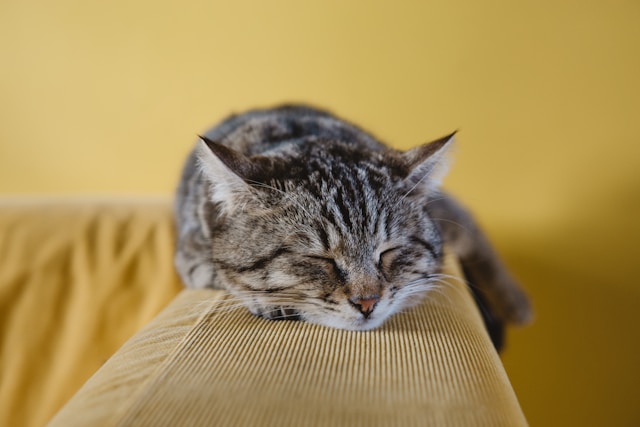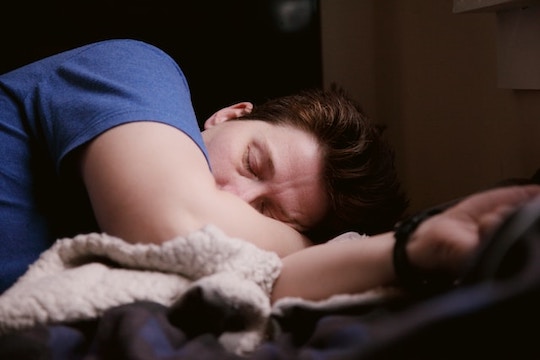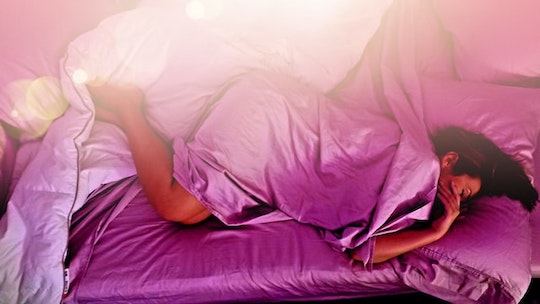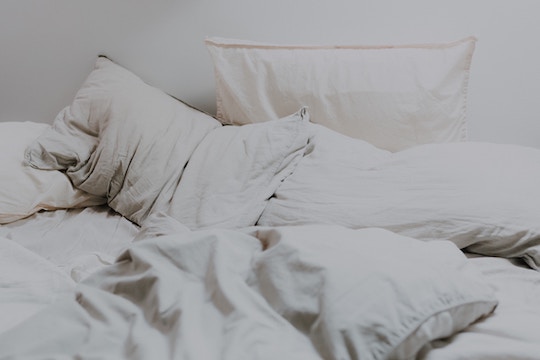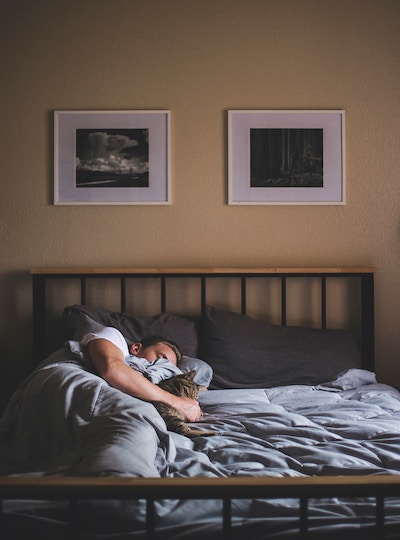“Never make a big decision without sleeping on it.”
—Martha Stewart, TV personality, entrepreneur, author, and businesswoman
When faced with a big decision, it’s tempting to act impulsively.
However, taking a step back and sleeping on it can be incredibly beneficial.
A night’s rest allows emotions to settle and rational thinking to prevail. This pause gives us time to reflect on potential outcomes and consider different perspectives.
This simple practice can lead to greater clarity and confidence in our choices, ultimately guiding us to more fulfilling and successful lives.
EXERCISE:
Two books that can help you make better personal and professional decisions, especially with a good night’s sleep are:
Thinking Fast and Slow by Daniel Kahneman
Decisive: How to make Better Choices in Life and Work by Chip and Dan Heath

